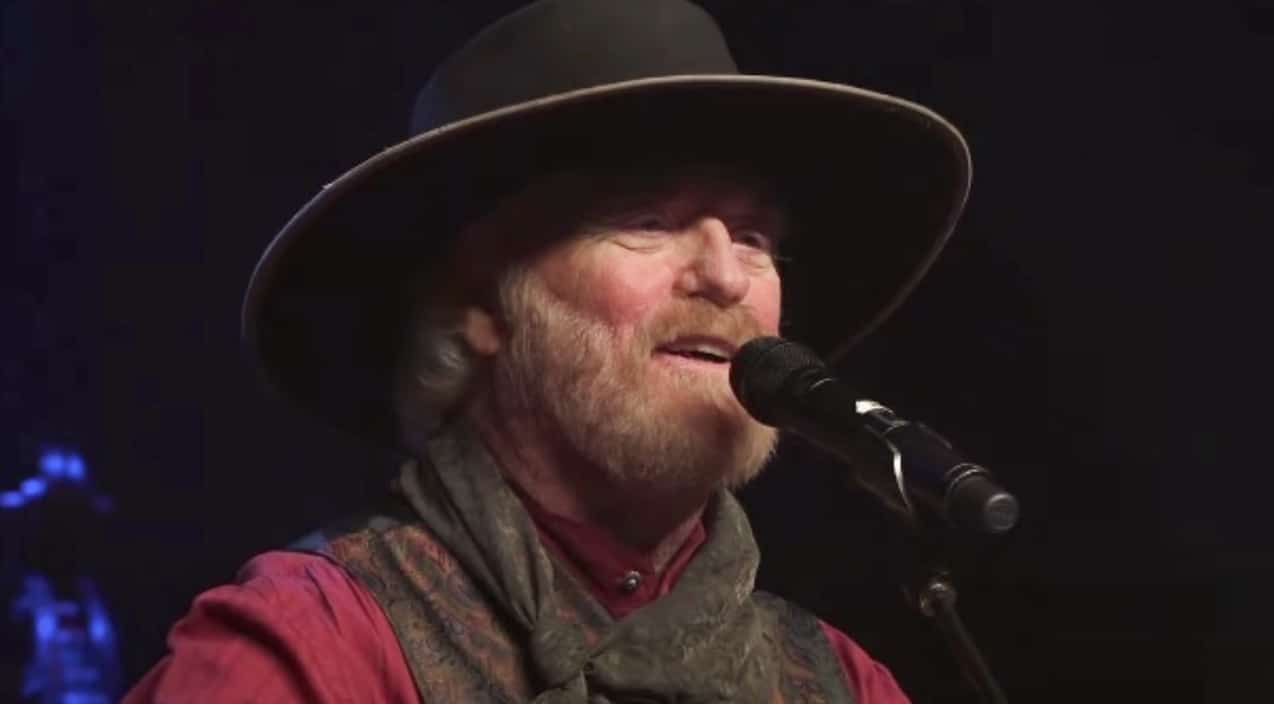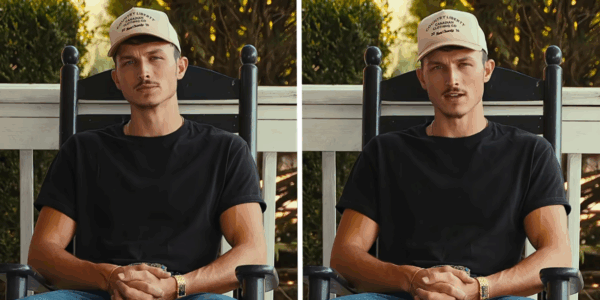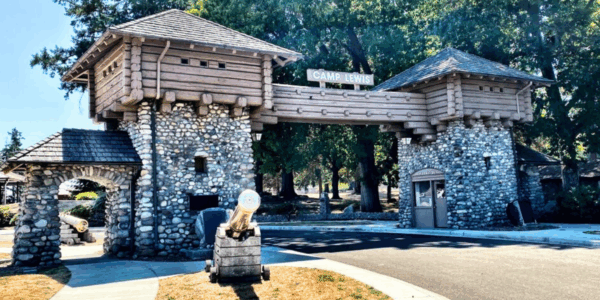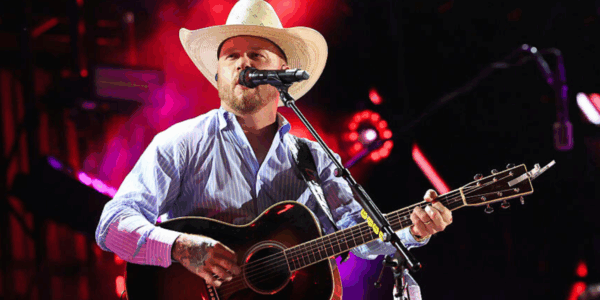4 Songs That Helped Michael Martin Murphey Revive Cowboy Music
on Mar 11, 2016 • Updated Apr 14, 2023

Michael’s Biography
Born on March 14, 1945 in Dallas, Texas, Michael Martin Murphey was a cowboy from the get-go. He developed a great love of the outdoors from a young age, and started riding horses when he was only six years old. Some of his fondest childhood memories involve sleeping on his grandfather’s porch and looking up at the stars while he told him stories and sang cowboy songs.
As to be expected, Murphey ended up developing a love of the cowboy lifestyle and the songs that celebrated it. He started playing western songs around a campfire at a Texas ranch at the age of 17, and eventually worked his way up to performing in Dallas clubs.
Murphey’s big break came about in a surprising way. His friend Michael Nesmith had joined the television rock group, The Monkees, and asked Murphey to write a song for them. He ended up writing “What Am I Doing Hangin’ ‘Round” for one of the band’s albums, which ended up selling over five million copies.
Eventually, Murphey found his own success as a singer, and has released a total of six Gold-certified albums over the course of his career. He helped to reignite the cowboy music genre with his highly successful album Cowboy Songs, which was the first cowboy album to reach gold status in 31 years.
Among his many accomplishments, Murphey is a multiple Grammy nominee and the author of the New Mexico state ballad.
Now, it’s time to celebrate the accomplishments of this modern-day cowboy by looking back at some of his most memorable tunes! Click the button below to get started.
“Don’t Count The Rainy Days”

Written by Victor Careaga and Wayland Holyfield, Murphey recorded and released “Don’t Count the Rainy Days” in 1983 as the lead single off his album The Heart Never Lies. The song was a hit on the Billboard country charts, and ended up peaking at the ninth spot.
“Don’t Count the Rainy Days” also crossed over to claim the sixth spot on the Billboard Bubbling Under Hot 100 chart and the 16th on the Adult Contemporary chart. The song was also a hit in Canada, where it broke into the Top 25 on the country charts.
In the song, the narrator pleads to his love to please stay with him, even though he knows he’s hurt her in the past. He wants her ignore all of the “rainy days” in their relationship and focus on the good ones instead, singing “Don’t count the rainy days, they blow hard and then they’re gone. Don’t throw our love away, away, away, in the dark before the dawn.”
The emotional lyrics and Murphey’s sincere delivery resulted in the creation of a truly beautiful song.
“Carolina In The Pines”

Written by Murphey himself, “Carolina in the Pines” is about his then-wife, Caroline. In a July 6, 1975 issue of the Daily News, Murphey said “I tried to write a love song about my wife without trying to relegate her to a secondary position as a supporter of me. I tried to make it about her as an individual.”
Although Murphey and his wife eventually divorced, the song has remained as one of his most memorable. When it was first released in 1975 it peaked at the 21st spot on the Billboard country chart and the fourth on the adult contemporary chart. Ten years later, Murphey re-recorded the song with banjo player John McEuen and experienced greater success on the country charts, where it peaked at the ninth spot.
The song’s lyrics tell the story of a beautiful woman who has a deep love for nature. Watching her happiness at being in the natural world, the narrator ends up falling in love with her, singing “From that night on I knew I’d write songs, with Carolina in the pines.”
Murphey performed the song during a televised appearance in Nashville in 1984, in which he showed off his true country boy talent by playing the banjo himself.
“Cherokee Fiddle”

Murphey penned this 1977 release, which made a decent showing on the charts. While it isn’t one of Murphey’s biggest hits, it still managed to claim the 58th spot on the Billboard Hot Country Songs chart.
Five years after Murphey debuted his original recording of “Cherokee Fiddle,” another country star offered his take on the tune. It was recorded by Johnny Lee, known for his hit song “Lookin’ for Love.” Murphey and Charlie Daniels provided backing vocals on Lee’s version, which climbed all the way to the tenth spot on the chart.
The song is based on a Cherokee fiddle player who would play at a train station in Silverton, Colorado. Murphey celebrates the fiddler’s talent through the lyrics, singing, “He was always there, playing for the miners, the Devil’s Dream was a song they understood. Then he’d go back to Oklahoma. Wait till the trains were running and the weather was good.”
But as Murphey heartbreakingly reveals later in the song, the Cherokee fiddler and other street performers no longer play music any more. Now, Murphey says that “the music is sold by lawyers,” and the street performers, like cowboys and Cherokees, have faded away into history.
“Wildfire”

Perhaps Murphey’s most recognizable tune, “Wildfire” was released as a single off of his 1975 album Blue Sky – Night Thunder. Murphey co-wrote the song along with Larry Cansler, and it became his most successful pop hit in the U.S., where it claimed the third spot on the Billboard Hot 100.
The song also claimed the number one spot on the Billboard Adult Contemporary chart and was a number one hit in Canada. The song kept selling long after its release, and eventually went on to be certified Platinum by the RIAA. “Wildfire” is considered so iconic in the Western community that the Western Writers of America named it as one of the top 100 Western songs of all time.
In 2008, Murphey spoke to The Boot about how he came up with the idea for the song. He said he was a junior at UCLA at the time, and was busy working on a concept record for country star Kenny Rogers. Due to his hectic schedule, Murphey didn’t have much time to sleep, but when he dozed off one night he dreamed up “Wildfire,” and finished it in a matter of hours when he woke up.
The song tells the sad story of a woman who gets lost in a blizzard calling after her pony named Wildfire, and ends up dying in the storm. Murphey feels that the idea for the song must have come to him because of an old Native American legend his grandfather told him about a ghost horse. A true cowboy song indeed.
Which one of these songs is your favorite? Let us know in the comments!












